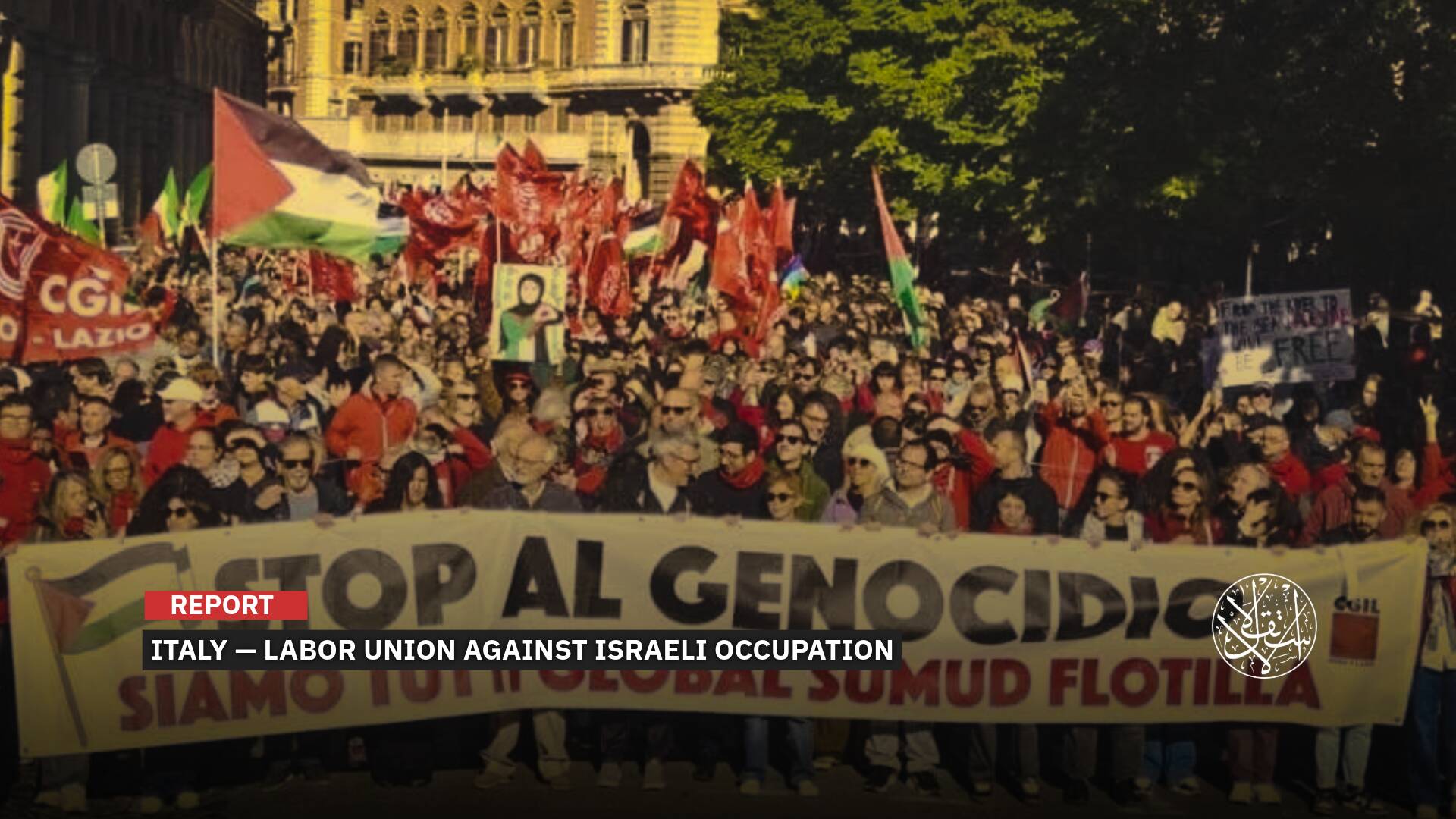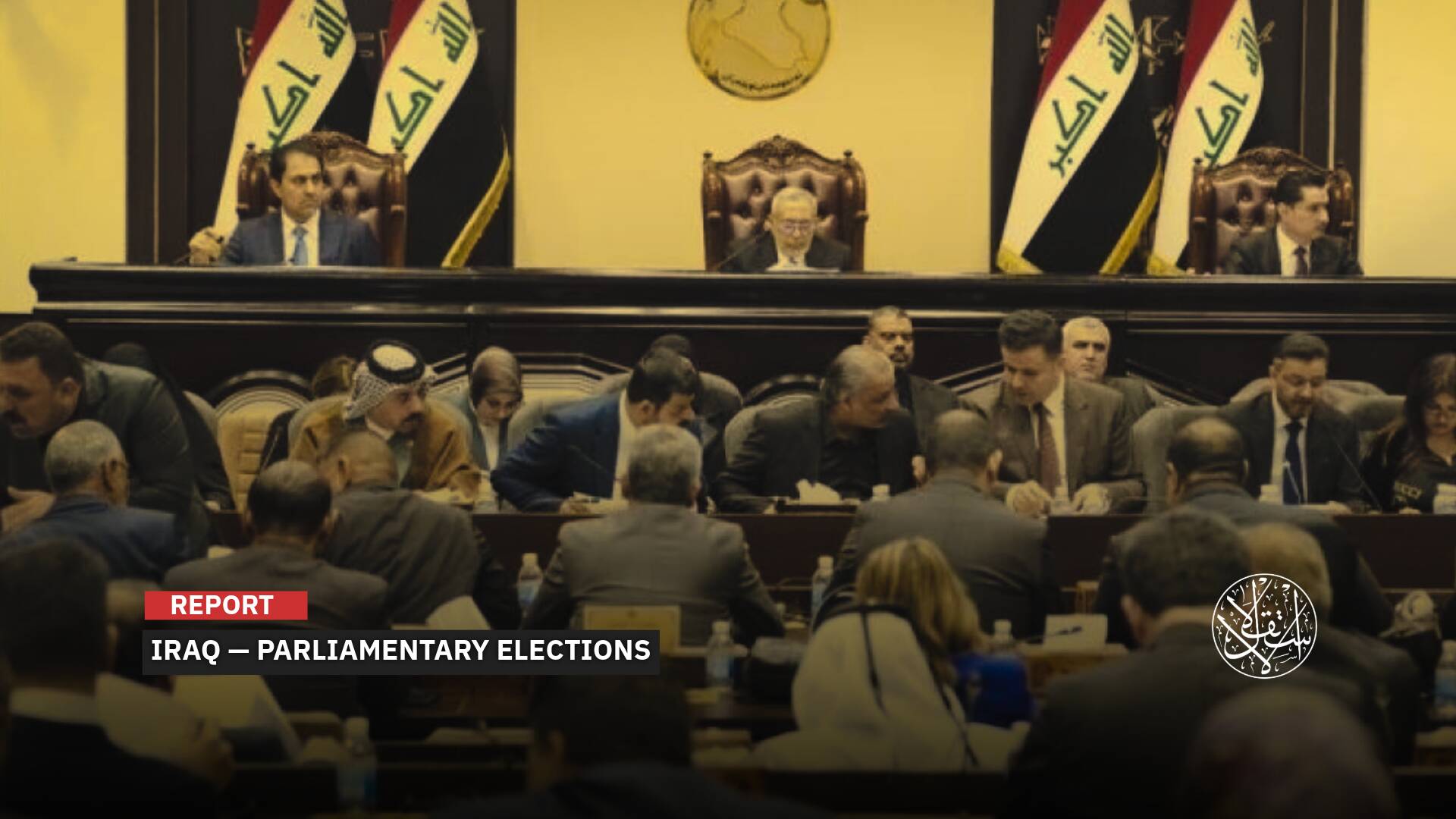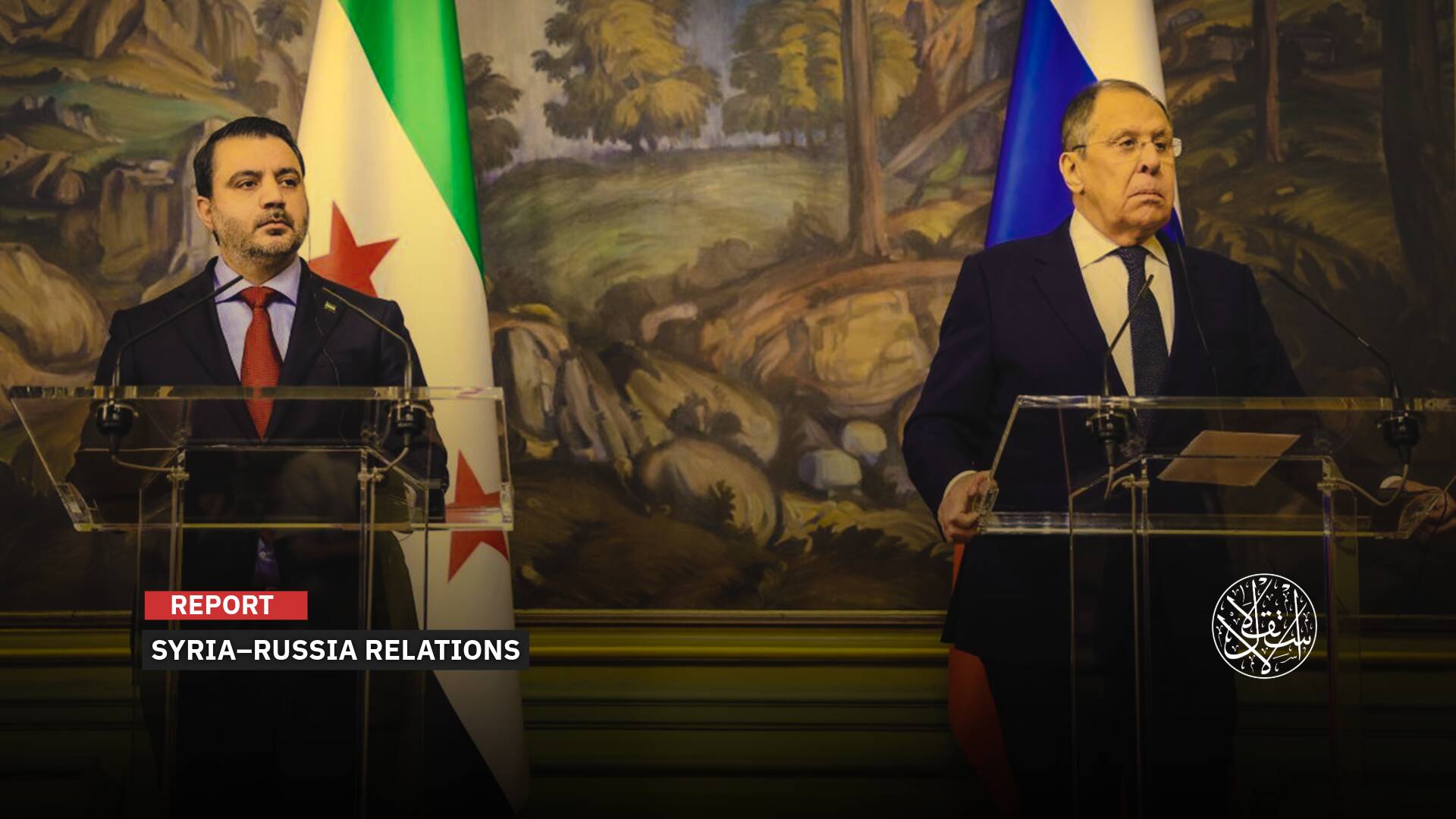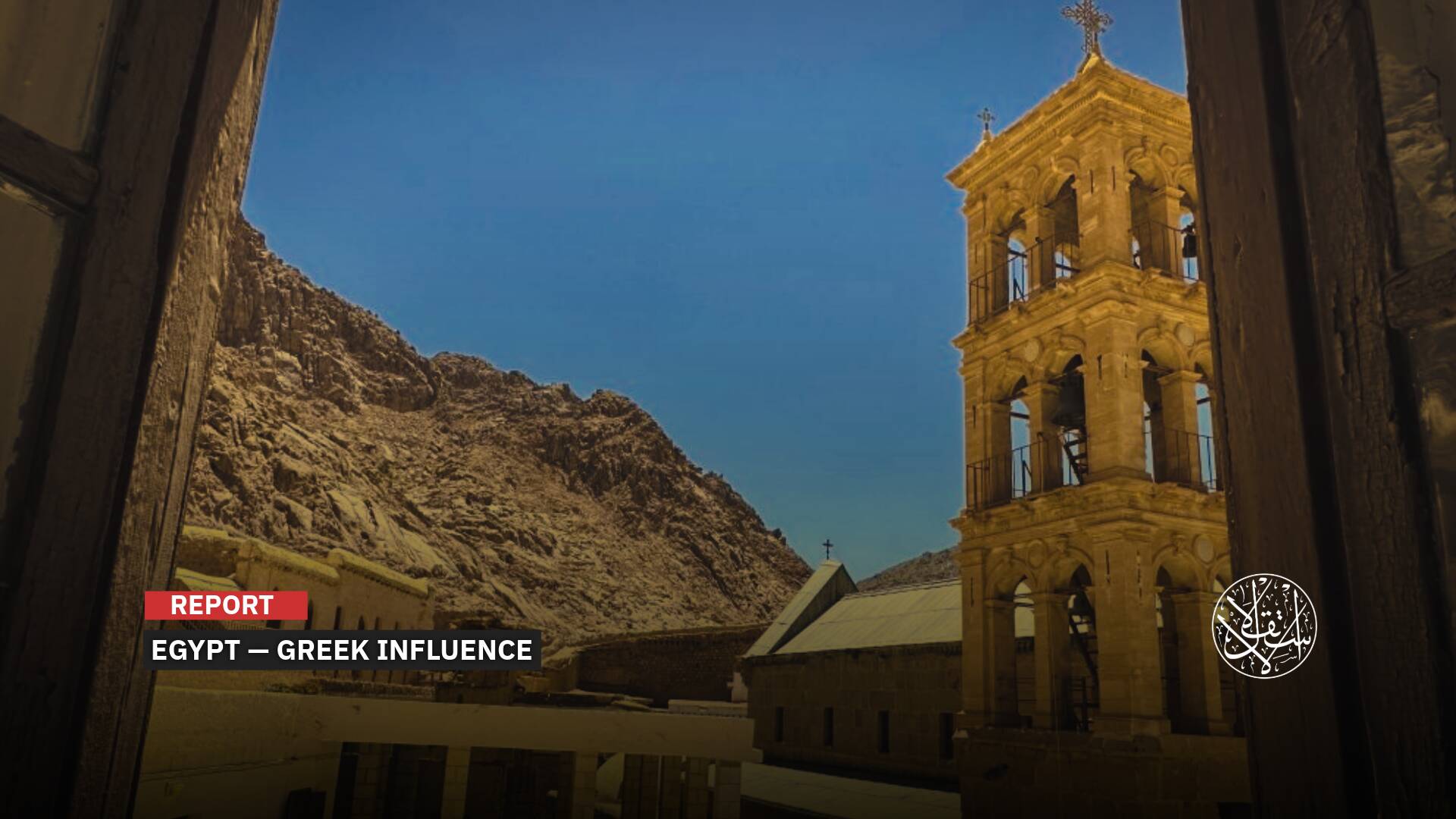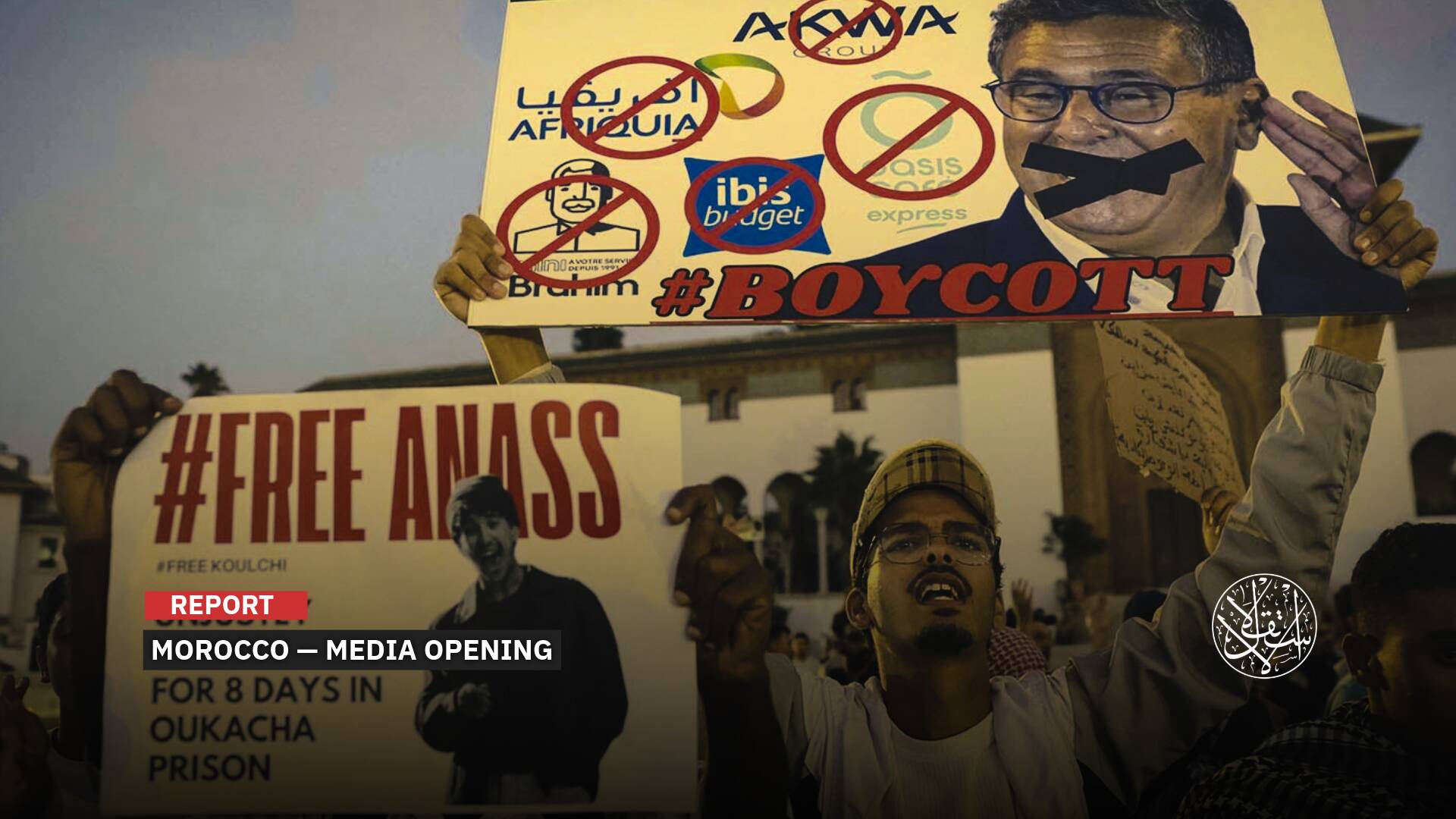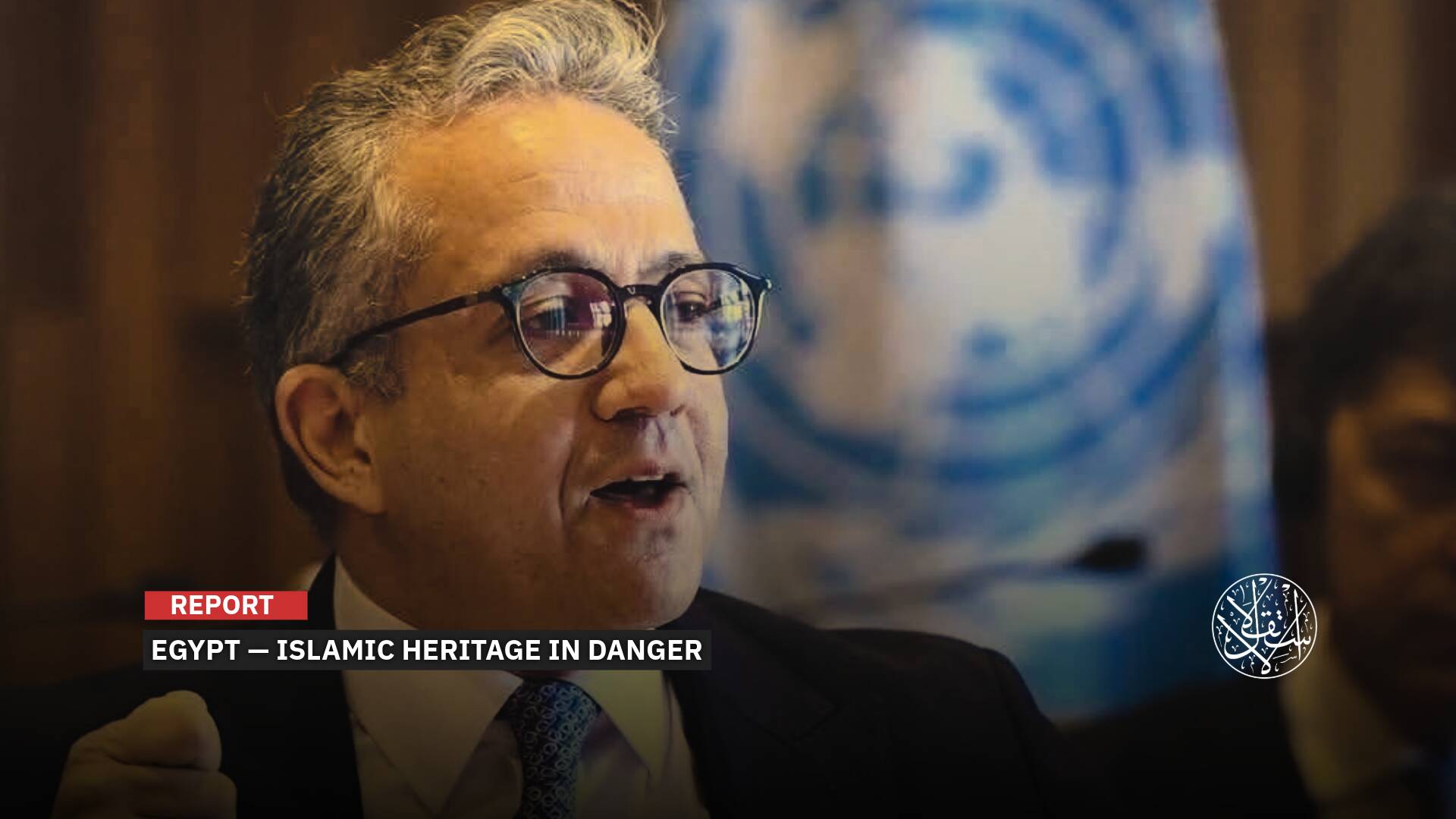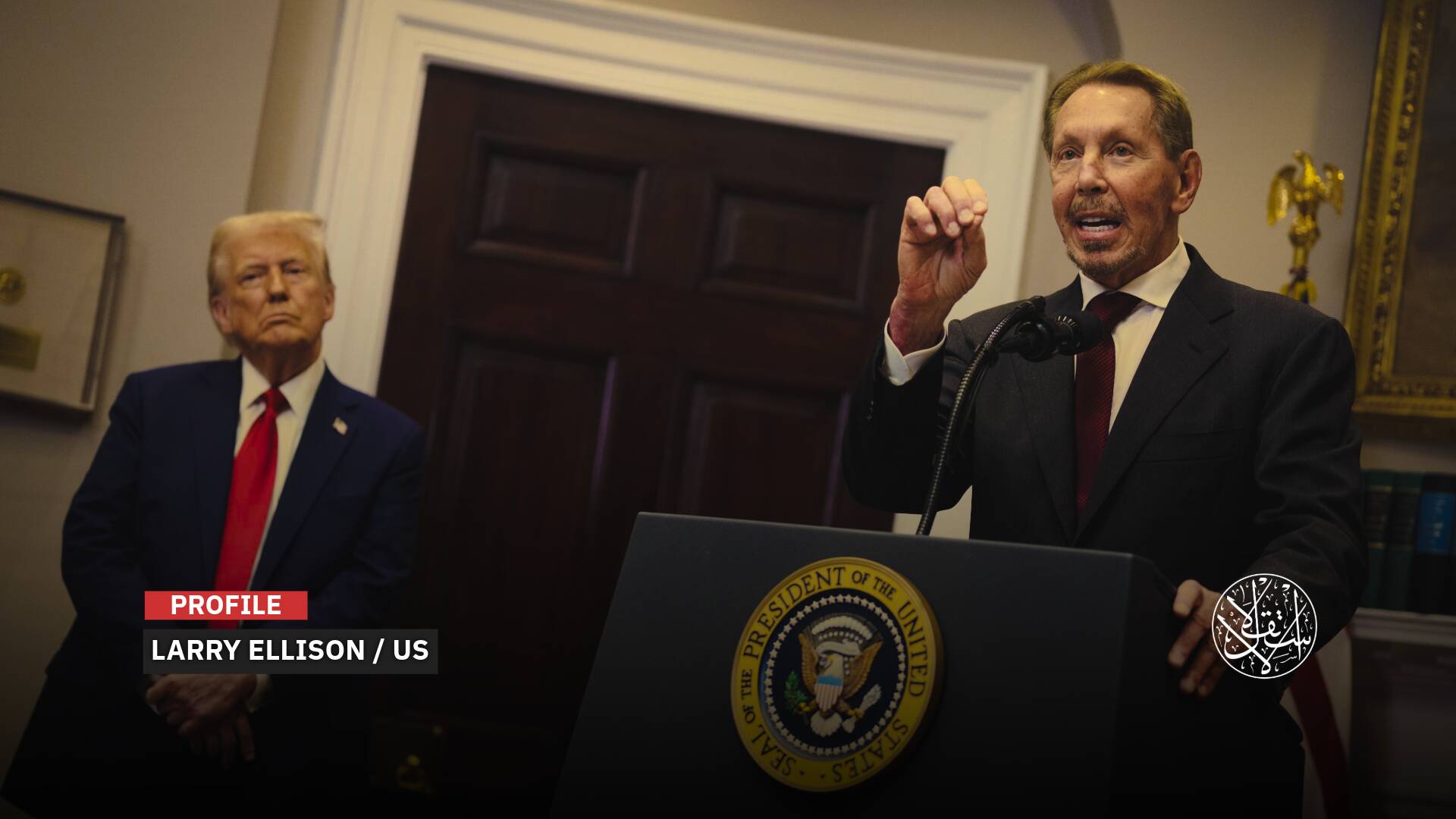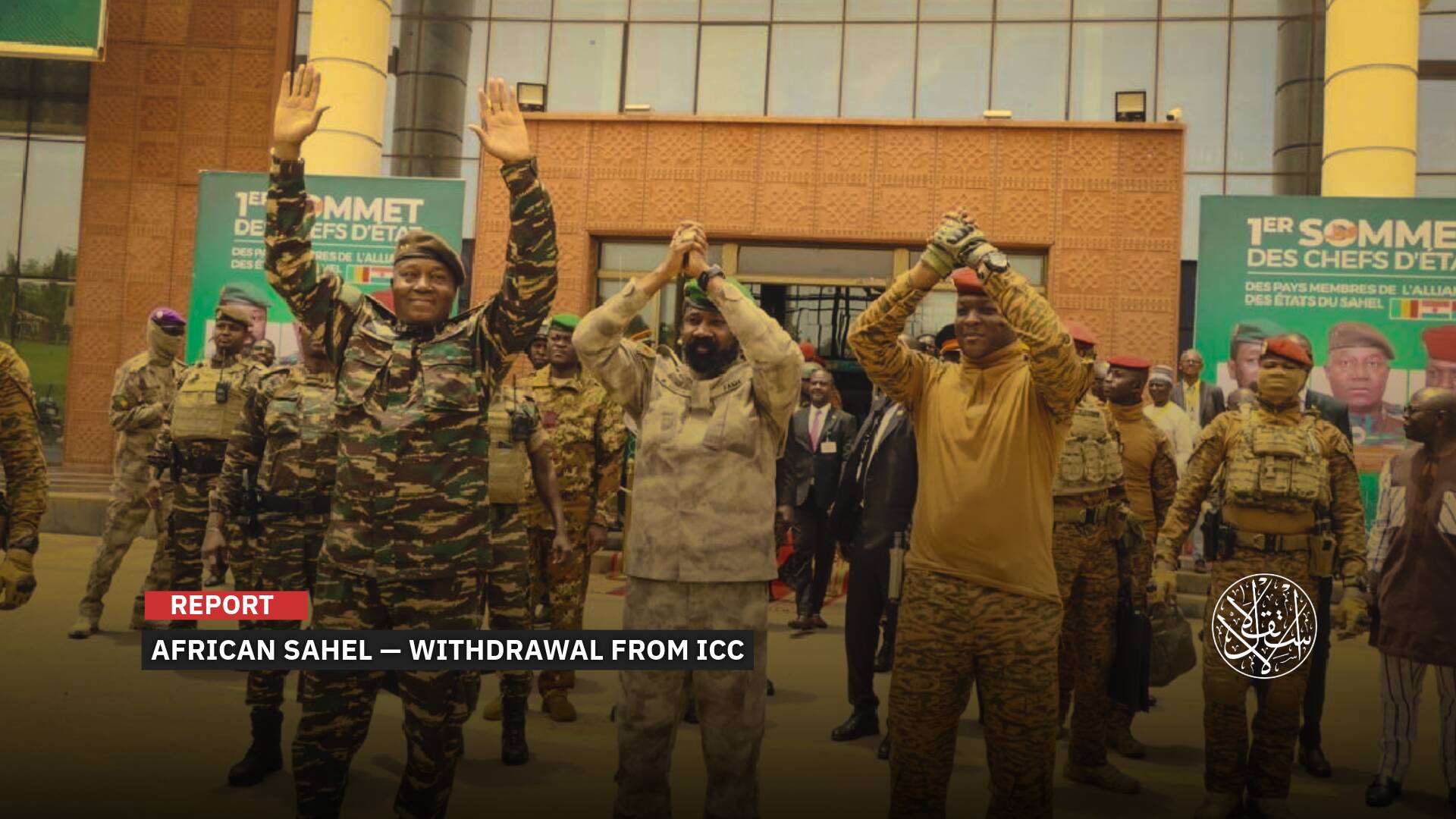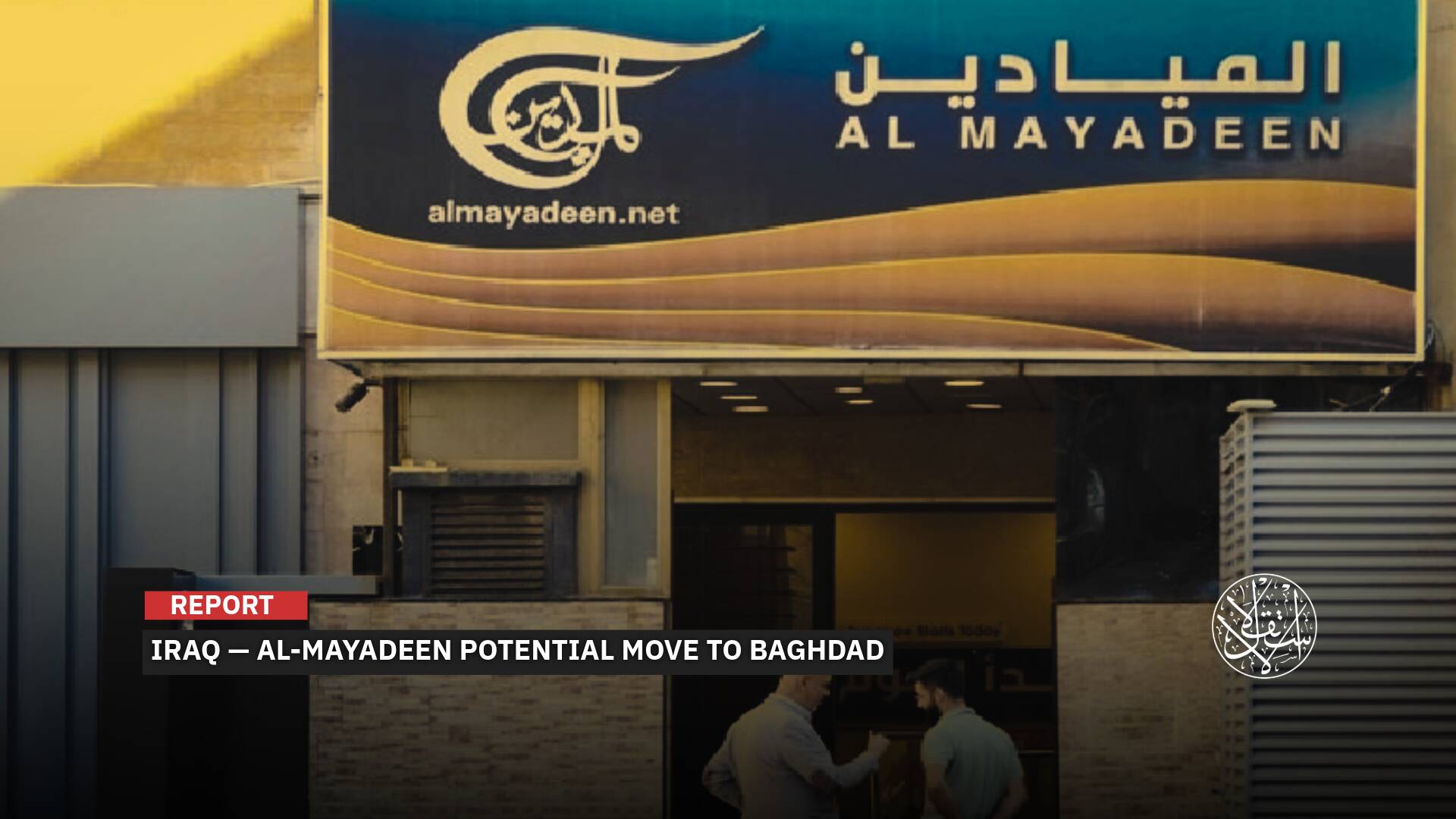They Helped Him Defeat Hemedti: Why Is al-Burhan Now Purging His Islamist Allies?
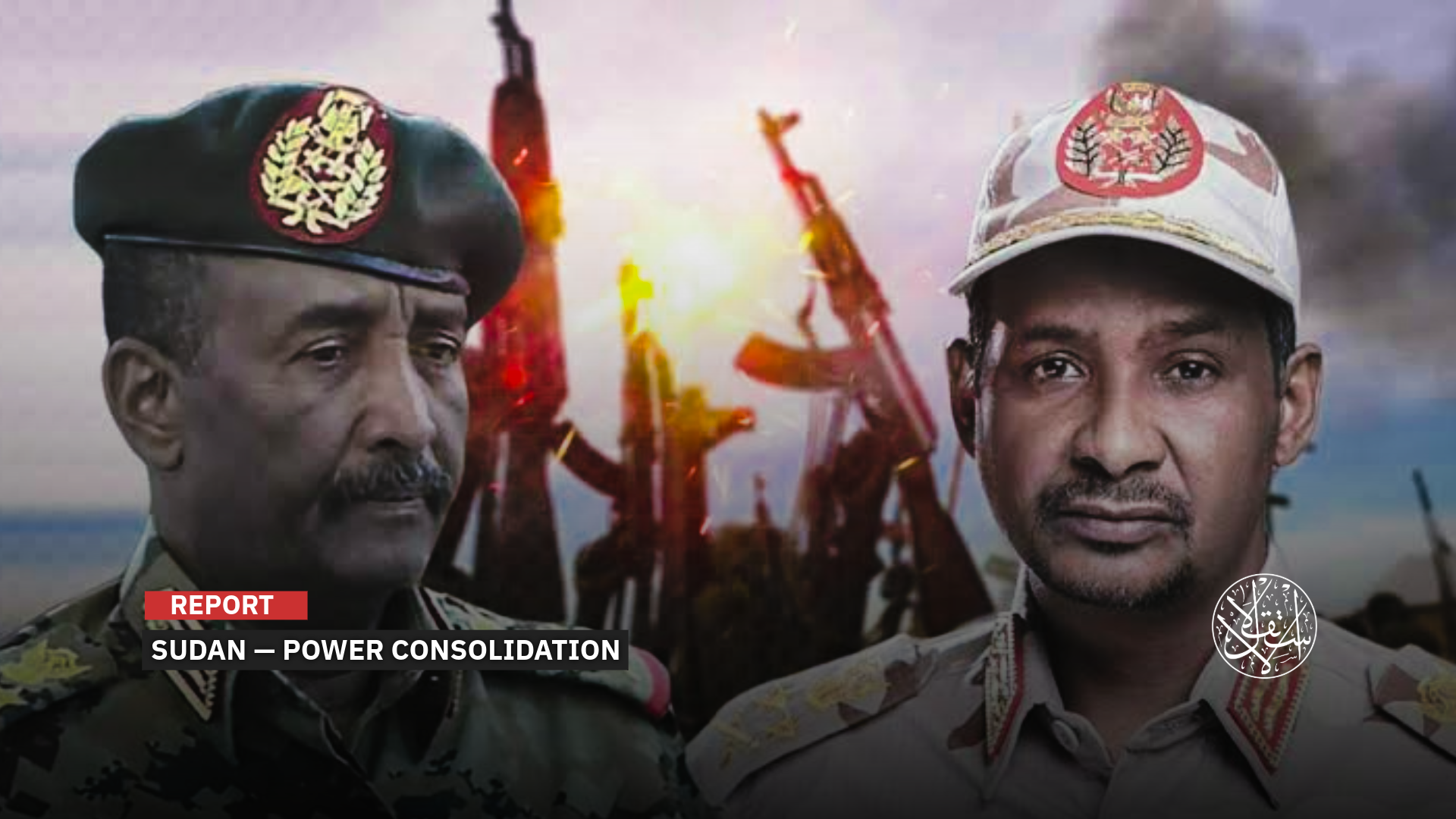
Major General Nasr al-Din Abdelfattah, head of the Armored Corps and a key figure aligned with the Islamist current, was among the most high-profile officers retired.
Amid warnings from Egypt and the UAE over the resurgence of Islamist influence, Sudanese army chief General Abdel Fattah al-Burhan issued a wide-ranging series of military decrees on August 17, 2025, including the dismissal of Islamist-aligned generals who had supported him in the conflict, and the promotion of others.
The decisions came following leaks about meetings between the Sudanese military chief and a U.S. delegation in Switzerland, which reportedly laid out conditions that al-Burhan accepted, despite backing from popular Islamist forces that had helped him defeat the Rapid Support Forces militias.
The decrees also placed all popular forces supporting the army and bearing arms under the provisions of the 2007 Armed Forces Act and its amendments, effectively bringing them directly under the official military command and subject to its orders.
These moves to dismiss senior generals affiliated with the Islamist movement signal al-Burhan’s turn against them, reportedly under pressure from the U.S., Egypt, and the UAE through lobbying networks in America, despite the fact that these same officers had protected him from the Rapid Support Forces militia and helped restore the army’s authority.
The decrees also included a decision to tighten the army’s control over all supporting forces, most of them Islamist, amid fears that they might seek to remove al-Burhan once the conflict ends.
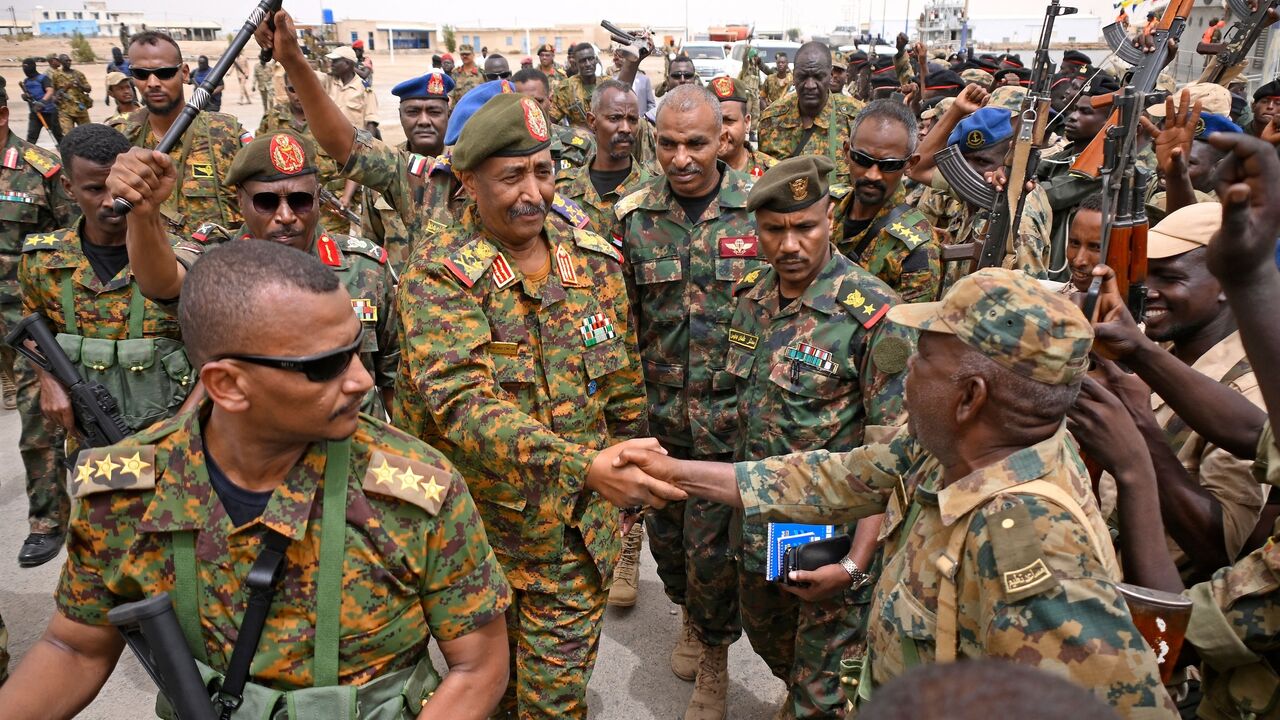
Partners in Arms
The most significant decision taken by al-Burhan on August 18, 2025, was the dismissal of five senior Sudanese generals aligned with the Islamist current or the former regime of President Omar al-Bashir, part of a broader reshuffle of the army’s leadership and the appointment of a new general staff.
Al-Burhan’s move included the removal of three top generals, who were granted the higher rank of “First Lieutenant General”: Abbas Hassan Aldarouti, Abdel Mahmoud Hammad Hussein Ajami, and Pilot al-Tahir Mohamed al-Awad al-Amin.
Among the most notable figures retired was the head of the Armored Corps, Major General Nasr al-Din Abdelfattah, widely seen as one of the leading military figures tied to the Islamist current and a potential successor to al-Burhan himself.
The most striking irony was the dismissal of the commander of the Presidential Guard, Major General Nader al-Mansouri, who had saved al-Burhan’s life and prevented the general staff in Khartoum from falling to the RSF militia during the early days of the conflict, and his retirement with the rank of lieutenant general.
Al-Mansouri is widely regarded as the officer who foiled a plan by RSF militia leader Mohamed Hamdan Dagalo, known as Hemedti, to capture or assassinate al-Burhan on the night of April 15, 2023.
Yet he was removed from the leadership of the Presidential Guard after the siege of the general staff was lifted.
Sudanese sources say the main reason for sidelining both al-Mansouri and Major General Nasr al-Din Abdelfattah is their public criticism of al-Burhan, holding him directly responsible for failing to take preemptive action against Hemedti’s militia, despite clear warning signs of its imminent outbreak.
In contrast, al-Burhan appointed a new general staff composed of six generals: First Lieutenant General Mohamed Othman al-Hussein al-Hassan as chief of staff, Lieutenant General Magdi Ibrahim Osman Khalil as deputy for logistics, and Lieutenant General Engineer Khaled Abdeen Mohamed Ahmed al-Shami as deputy for training.
Lieutenant General Abdel-Khair Abdullah Nasser Darjam was named deputy chief of staff for administration, Lieutenant General Mohamed Ali Ahmed Sabir was appointed head of military intelligence, and Lieutenant General Malik al-Tayeb Khojali al-Nil as deputy chief of staff for operations, alongside the appointment of new commanders for the air force, air defense, and military inspection units.
Opposition politicians and Sudanese analysts say the aim of these changes is to remove Islamist generals who had helped the army defeat Hemedti’s militias, curbing their influence in Darfur and Kordofan and driving them out of Khartoum.
Some have questioned whether the purge of Islamist generals is linked to reports of a forthcoming agreement with Hemedti’s militias under American conditions, one of which allegedly requires the removal of senior officers on the grounds that they are Islamists or remnants of the old regime.
On August 18, 2025, Asharq al-Awsat quoted retired Major General Kamal Ismail, head of the executive office of the opposition National Sudanese Alliance, interpreting al-Burhan’s decisions as “a test of the influence of Islamists within the army.”
“Most of the officers who were retired are affiliated with the Muslim Brotherhood current,” he said and added that “Western and American pressures played a role in these decisions to prevent Islamists from returning to power.”
However, he warned that “the absence of a strong military backing for al-Burhan, with the retirement of these officers, could lead to disaster.”
U.S. Pressure
Exiled Sudanese opposition newspapers such as Altaghyeer on August 18, 2025, described al-Burhan’s decisions to remove Islamist officers as either a reform step or a political maneuver.
They linked his moves directly to the negotiations held in Switzerland with the U.S. envoy, which focused on “reforms within the military as a means to halt the war,” and the removal of Islamist military figures, including army leaders and popular forces.
Opposition leaders were quoted as saying that al-Burhan’s visit to Switzerland “is beginning to bear fruit, and the dismissal of some Islamist officers marks the start of gradually pulling the rug out from under the most hardline elements within the army.”
On August 11, 2025, according to leaks reported by Sudanese newspapers, a plane carrying al-Burhan landed at Geneva airport in Switzerland, away from media scrutiny, for a secret visit during which he met with Massad Boulos, U.S. President Donald Trump’s adviser on African affairs.
Western diplomatic sources told Sudan Tribune on August 17 that the discussions between al-Burhan and Boulos in Switzerland covered multiple issues, including a secret track concerning the future of armed Islamist movements and the Rapid Support Forces militias, as well as safeguarding the army from political interference.
Sudanese journalist Azmi Abdel Razek wrote that al-Burhan’s trip to Switzerland to meet Boulos was primarily aimed at reaching a settlement with the RSF militia and ending the war.
Sources said that Boulos urged al-Burhan to halt the war immediately and engage in direct negotiations with the UAE to reduce tensions, according to Monte Carlo on August 13.
However, Sudanese politicians confirmed that the meeting also focused on curbing the influence of Islamists within the army and the armed Islamist popular movements fighting alongside him against the Rapid Support Forces militia.
They suggested that al-Burhan’s recent decisions may be a direct result of his meeting with Boulos, noting that the current phase involves “an American-led sidelining of the Islamist current” in Sudan and other parts of the Arab world.
In July 2025, U.S. Secretary of State Marco Rubio announced that Sudan would become Washington’s next strategic focus following the signing of a peace agreement between Congo and Rwanda, signaling a marked shift in the White House’s attention toward Sudan.
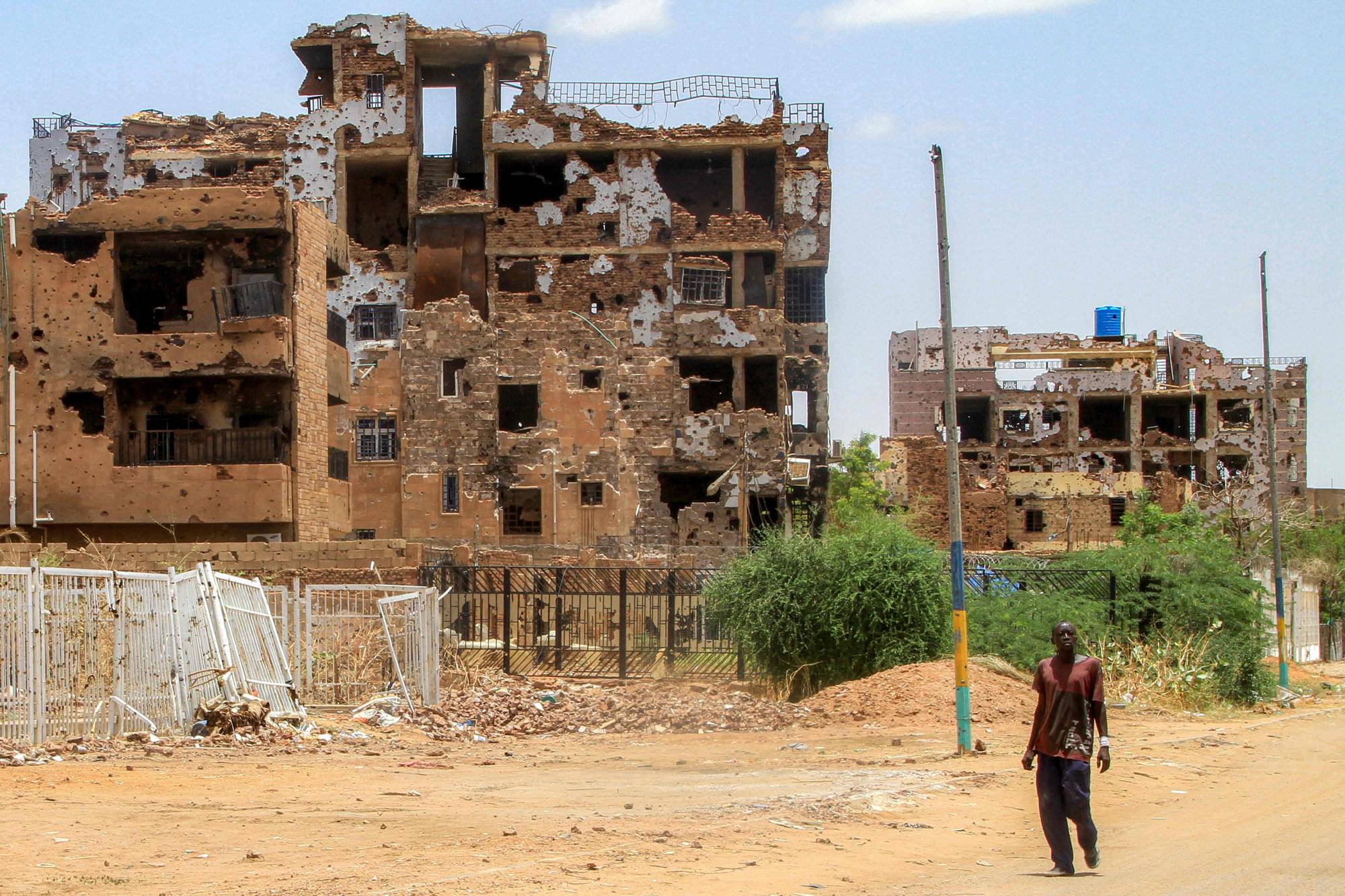
Political Charade
Meanwhile, some of these forces expressed scepticism about al-Burhan’s intentions, describing the move as “merely an attempt to polish the army’s image without addressing the root causes of the crisis.”
They argued that al-Burhan’s dismissal of Islamist generals does not mean the army is free of them or that he does not cooperate with them through other channels.
They described the reshuffle as little more than a political repositioning and theater designed to absorb international pressure and buy time for the possible return of Islamists to power, according to Altaghyeer.
Sadiq al-Mahdi, secretary of the Coordination of Civil Democratic Forces and assistant to the head of the Sudanese National Umma Party, said al-Burhan’s decisions aimed to remove “those with overt affiliations” and push the military institution toward professionalism and neutrality, linking the move to his visit to Switzerland.
Despite talk of al-Burhan purging them, Sudanese analysts say Islamists continue to control key sectors of the army.
Analyst Azzam Abdalla Ibrahim argued that al-Burhan will not eliminate Islamists entirely, “because he needs them for political balance and to maintain his hold on power.”
He explained that what al-Burhan did was “clip the wings of the hardliners from the National Congress, a faction aligned with Amin Hassan Omar Abdullah, while making deals with Ali Ahmed Karti’s wing to serve as a lever against the civilian bloc in political settlements.”
The analyst added that the army chief’s moves are aimed at consolidating his own power, sidelining rivals, and curbing the influence of Yasser al-Atta, Islamist brigades, and regional or separatist resistance forces.
On April 29, 2025, al-Burhan denied reports that Islamists were controlling the movements and decisions of the armed forces, according to Sudan Tribune.
Removing Rivals
Sudanese on social media criticized al-Burhan for dismissing the officers who had confronted the RSF militia, arguing that the army chief has been the source of Sudan’s problems since his coup against former President Omar al-Bashir, and later against the framework agreement with civilian forces.
A senior figure in the National Umma Party, Urwa al-Sadiq, said al-Burhan seeks to remove everyone to consolidate power for himself alone.
“He got rid of the generals from the October 2021 coup, now he is purging the generals from his war with the RSF militia, and soon he will remove the new generals,” he said.
Al-Sadiq added that al-Burhan “is heading toward his own downfall, burning what remains of the country to preserve his sole authority,” calling for his dismissal and resignation, “because he is a threat to the survival of Sudan and the region.”
Retirements and promotions in the army are routine measures issued periodically by its commander, but since the outbreak of war with the RSF militia in April 2023, al-Burhan had issued no retirements, only promoting fighters who had distinguished themselves in combat.
Yet the timing, scale, and combat significance of the officers being retired have raised questions about the moves’ connection to the ongoing war and internal power struggles within the army leadership.
Some observers suggest that the dismissal of specific officers, particularly Islamists, reflects fears that their continued presence in command could trigger conflicts or political stances threatening army cohesion, prompting the appointment of loyalists to leadership positions.
Sudanese politicians say the recent changes cannot be separated from a broader struggle within the army between multiple factions, including officers aligned with Islamists who have maintained influence within the military since the National Salvation era.
Some analysts suggest that the dismissals aim specifically to remove this current from positions of power, amid international and regional pressure to restore the army to a more professional and neutral stance.
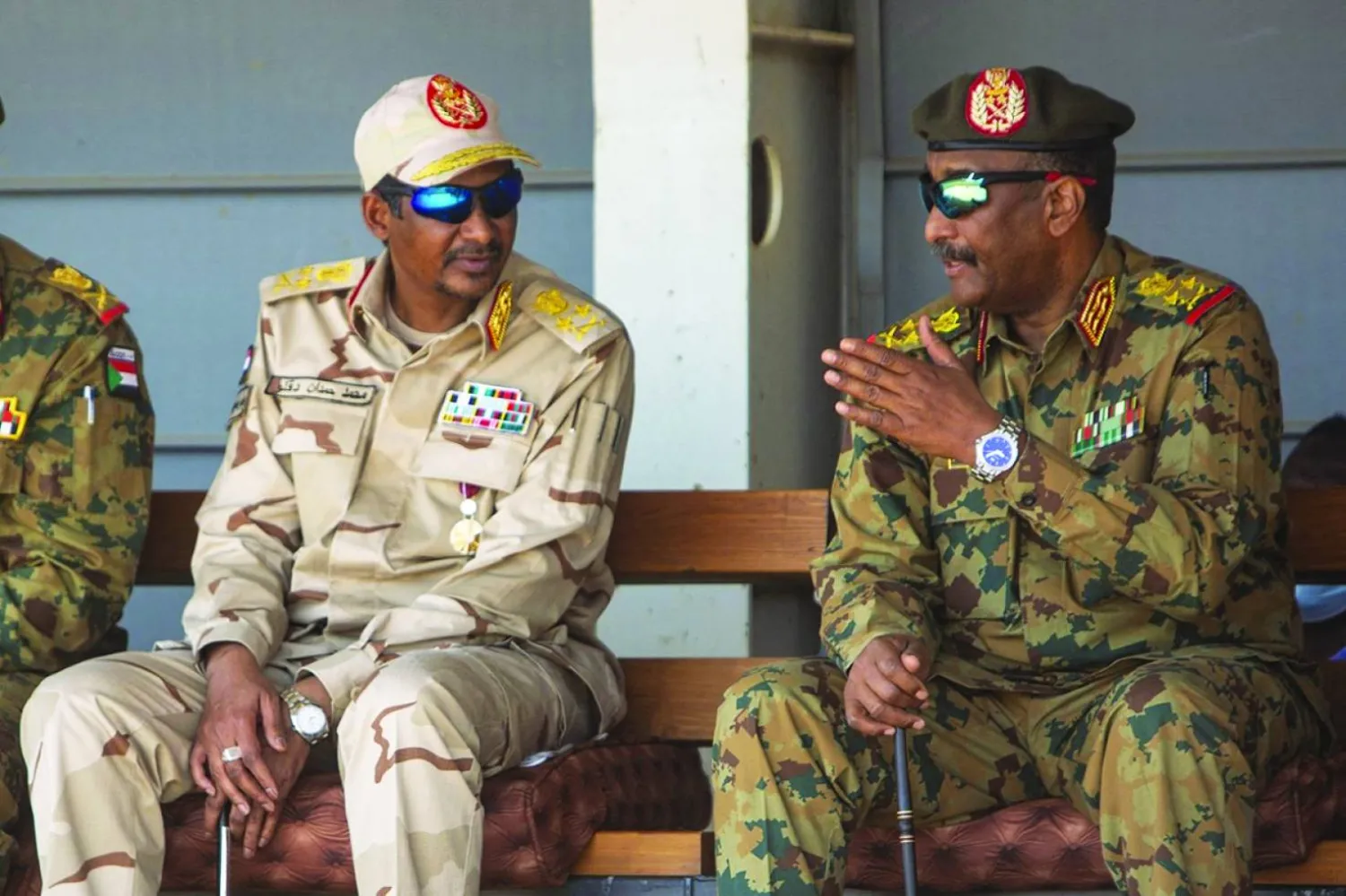
No to a Repeat
Before issuing decisions to dismiss and appoint senior generals and officers, al-Burhan also moved to bring the army’s supporting formations under the Armed Forces Law, effectively consolidating control over them.
On August 17, 2025, he issued a decree placing all armed groups fighting alongside the army, including former militias in Darfur, Islamist brigades, civilians who joined the war effort, and tribal militias, under his authority.
The army law, to which these popular and armed groups will now be subject, outlines the structure, rules, regulations, training, missions, and penalties for military crimes.
According to Reuters, “Sudanese politicians praised the decision, saying it would prevent the development of other centres of power in the military, and potentially the future formation of other parallel forces like the RSF militia.”
The Sudanese army had previously supported and armed the RSF militia, originally Arab militias, to fight militias in Darfur, allowing them to develop parallel structures and supply lines, before they turned against the army in April 2023.
Conversely, some Sudanese observers argue that just as al-Burhan moved against his fellow Islamist generals, who had played a role in the army’s recent victories, he also sought to target and sideline Islamist popular forces that had supported him and contributed to his success.
Observers noted that the decision primarily targets the Bara’a bin Malik brigade, known for its prominence in the war, along with other forces such as al-Barq al-Kharif and al-Doro’, placing them directly under the Sudanese army’s command, citing concerns that they might exploit the conflict to restore Islamists to the political arena.
A Reuters analysis on July 25, 2025, reported that the Bara’a bin Malik brigade “plans to return to the political scene after the war by supporting the army.”
Al-Burhan’s decree bringing these groups under army supervision followed the appointment of a committee to oversee the withdrawal of military formations from the capital, Khartoum, aiming to end the security chaos.
Recently, both domestic and foreign opposition forces mobilized against the Islamist-aligned popular forces, particularly the Bara’a bin Malik brigade, which had liberated the presidential palace in Khartoum.
Following this, al-Burhan issued a decree bringing all supporting forces under the provisions of the 2007 Armed Forces Law and its amendments.
The decree did not specify the names of these formations, but the war that erupted on April 15, 2023, saw armed movements that had signed a Darfur peace agreement fight alongside the army against the RSF militia, including the Joint Forces, Sudan Shield Forces, Bara’a bin Malik brigade, and Popular Resistance.


